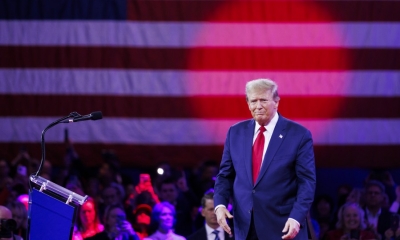Will the US-China Trade War End Soon?
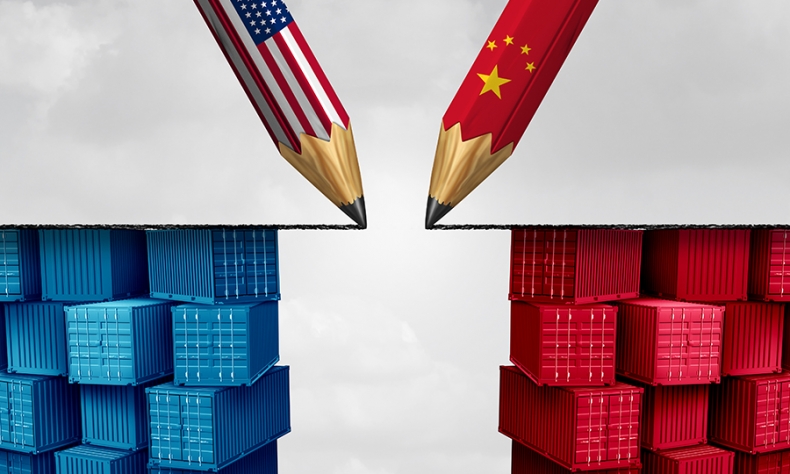
Washington must reflect carefully about the present unstable international situation and about the deteriorating socio-economic and volatile political condition into which the US has fallen.
The disintegration of United States-China relations since the Obama “pivot” to Asia continues. Despite the new Biden administration in Washington, prospects for significant change seem remote. What is next in the tariff war is anyone’s guess.
Washington’s tariff war against China and other countries, including US allies, launched by the Trump administration continues apace. The global economy was already showing signs of slowdown in 2018-2019 before the negative effects of the Trump trade war and Covid-19.
In this context, the tariff war added to the problems, weaknesses, and vulnerabilities in the US and global economy. Thus, it was illogical and counterproductive for Washington to engage in a reckless policy at a time that was not propitious to say the least. But never underestimate the incompetence of some American leaders.
Presently, tariffs levied on imported goods by the US and China fall in a range of about 20 percent.
A university student learns some basics about trade and tariffs in his undergraduate courses. The student learns that one policy option for a country hit by tariffs, embargoes, sanctions and the like is to seek alternate foreign markets. Additionally, the student learns that import substitution can be a viable response. That is, countries faced with various restrictions on their imports could begin to manufacture, or grow, these goods at home rather than to import them.
Of course, this is simple logic and easily within the grasp of the aspiring university student. More advanced courses on international trade theory would cover optimum tariff theory and various theoretical models for ivory tower use. On the other hand, the real world is different from the abstract models of assorted professors wiling away their time dreaming up new ideas often quite divorced from the real world. The real world includes economic warfare as well as mutually beneficial commercial relations.
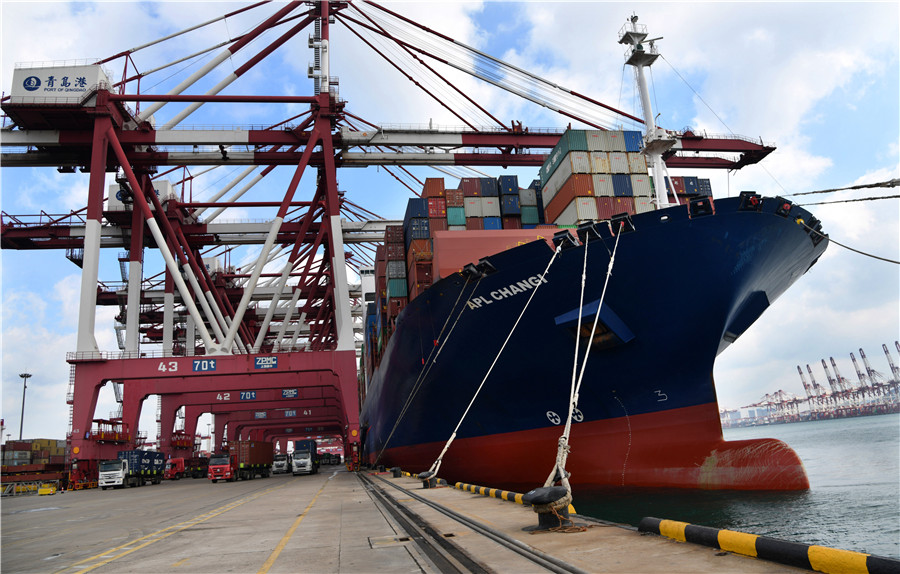
For the leadership of a nation to listen to unrealistic pipe dreams and theories of some economists is not prudent. It can and does result in serious problems for national security. Take the Trump tariffs for example. They have cost American taxpayers many billions of dollars in added costs which are in effect taxes. Not only that, they have damaged American businesses involved in the export trade. Plus they have antagonized China and others who see these tariffs as a provocation.
Trump came about his tariff policy in an interesting and almost comical way. His top tariff advisor, Peter Navarro, was an unknown eccentric academic in California suddenly scooped up by the Trump family. How? It seems that Turmp’s son-in-law Jared Kushner was searching the Internet for an “expert” on China and trade. The story goes that he stumbled on Navarro’s name and voila the obscure professor was catapulted into national and international notoriety.
Navarro, an economist by training with no significant professional publications, had somehow become a China “expert” along the way. He wrote a few pot boiler books on the China “threat” and even produced a video about it. For his amateurish and sensationalist video, Navarro interviewed a motley crew of assorted US China hawks all of whom are the usual suspects and “go to” guys for the hawk perspective.
With the coming of a new administration from a different party than Trump it was hoped that Washington’s foreign policy would moderate and become constructive. Such hopes, however, were entertained by those unfamiliar with the ways of Washington. The updated Cold War policy train left the station with the coming of the Obama administration and picked up steam ever since.
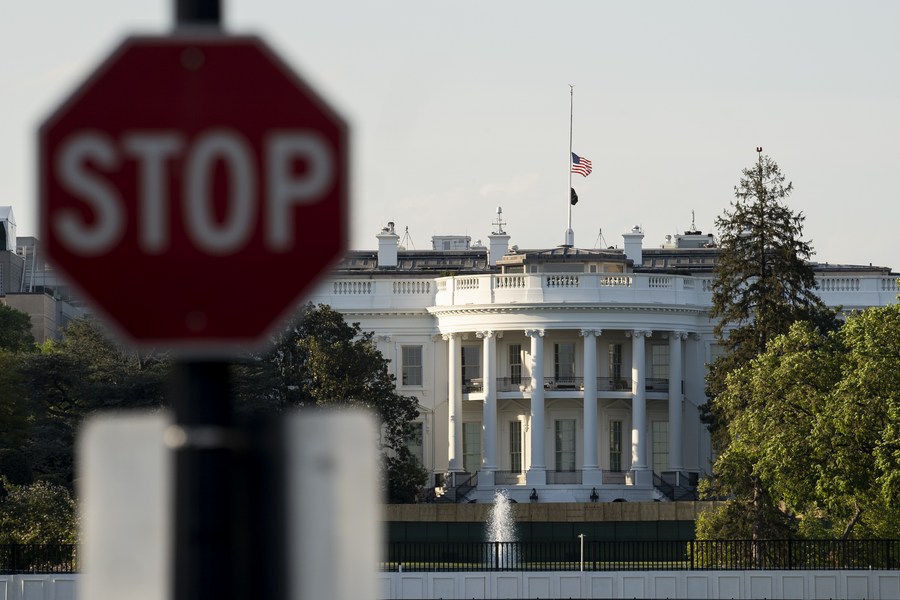
It is no surprise to some observers of the US political scene that Biden would continue the Obama-Trump policy line. Of course, the style and presentation are different from Obama’s smooth talk and Trump’s carnival barker antics. Nonetheless, the policy line is Cold War with increasing confrontation.
It is also no surprise that some US business sectors would pressure the Biden administration to ease up on tariffs. Recently several dozen businesses from various sectors wrote a letter to US Treasury Secretary Janet Yellen and to US Trade Representative Katherine Tai calling for a resumption of trade talks and a cut in the import tariffs.
Sectors such as agriculture, semiconductors, and pharmaceuticals have been hit by the tariffs as have other manufacturing sectors. Of course, the higher import tariffs mean higher prices for US consumers as the costs are passed along to them. As mentioned, this constitutes a tax on those purchasing the imported goods not to mention its inflationary effect.
There have been no substantive talks on trade between the US and China since President Joe Biden took office. There is a view that the administration is keeping the tariff pressure up on China for “leverage.” Leverage for what? Human rights in Hong Kong, Tibet, and Xinjiang or democracy in Taiwan? Is that what US consumers are paying higher prices for?
Of course, China has shifted sources of some imported goods to other countries. On the other hand, China has continued to purchase US agricultural goods and other goods although not at a rate hoped for by Washington. But what does Washington expect? Two factors may be influencing China’s purchasing behavior: Covid-19 and US confrontational posture. Is this surprising?
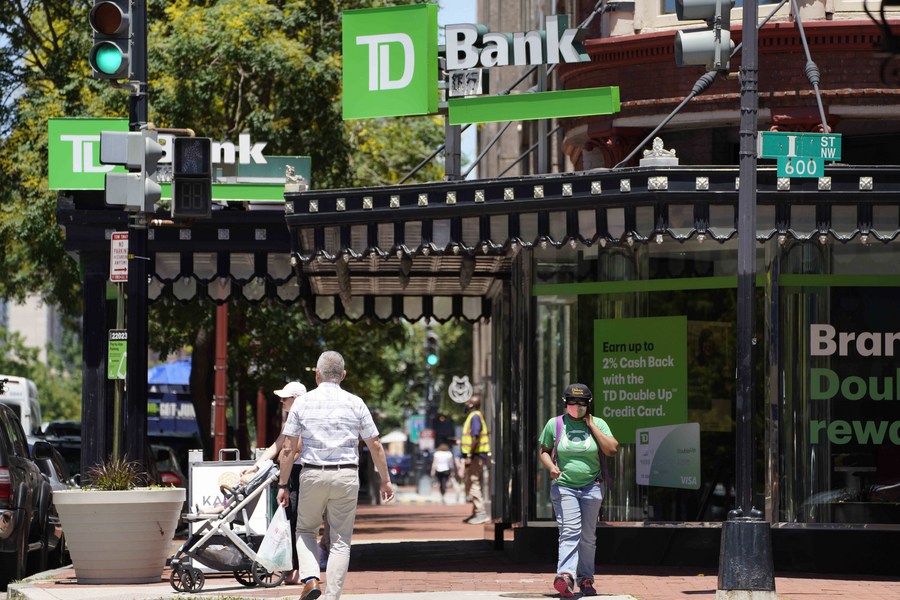
For those who saw Biden as something of a savior after four miserable years of Trump and Trumpism there is no doubt something of a letdown these days both at home and abroad. Be that as it may, the reality is that hawkishness persists in the White House and has grown even more hysterical in both parties in Congress. It is as if Washington has moved backwards through some time warp into the era of 1950s McCarthyism.
It is possible at some point that the Biden administration will agree to a degree of tariff reduction but is not likely to halt the tech war. For now, it appears that the Biden administration is engaged in a comprehensive policy review on China. Such extensive policy reviews are normal for new administrations and they can take a number of months to complete. This is because such a major policy review is a vast undertaking requiring intensive and time-consuming inter-agency processes to reach an actionable consensus as well as options for White House consideration.
It will be remembered that China was the engine that helped bring the world through the 2008 financial crisis. But since that time, actual real recovery has been questionable. Some economists fear that the vast historic bubbles created by profligate and irresponsible central bank policies may burst. Given the downward pressure on the global economy from Covid-19 and from the US tariff war against China and others, prospects for the international community are not bright in the near term.
Washington must reflect carefully about the present unstable international situation and about the deteriorating socio-economic and volatile political condition into which the US has fallen. The Biden administration must show some competence and undertake a renewed process of trade negotiations before more damage is done to the US and global economy.
The article reflects the author’s opinions, and not necessarily the views of China Focus.
 Facebook
Facebook
 Twitter
Twitter
 Linkedin
Linkedin
 Google +
Google +





